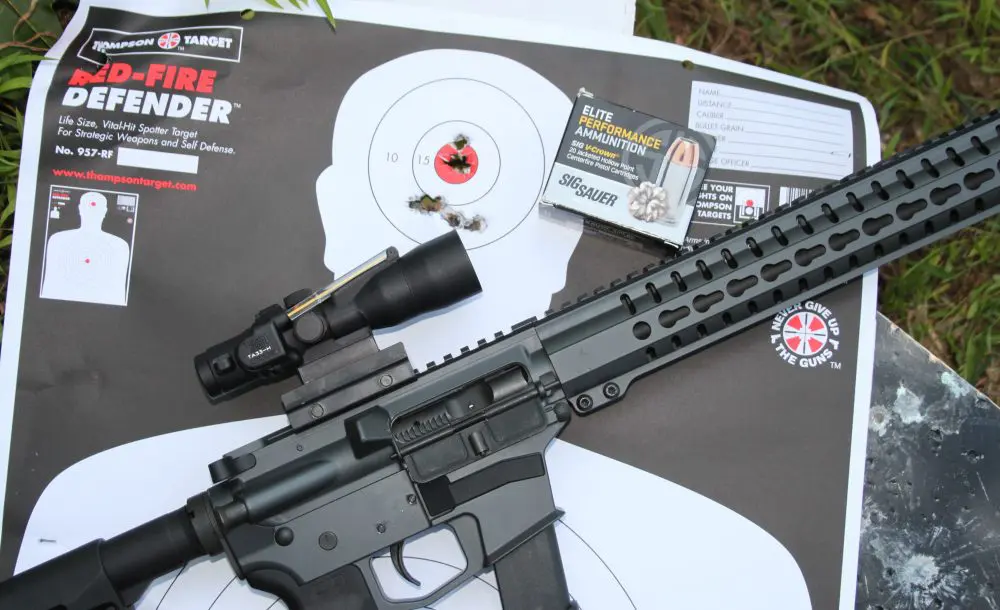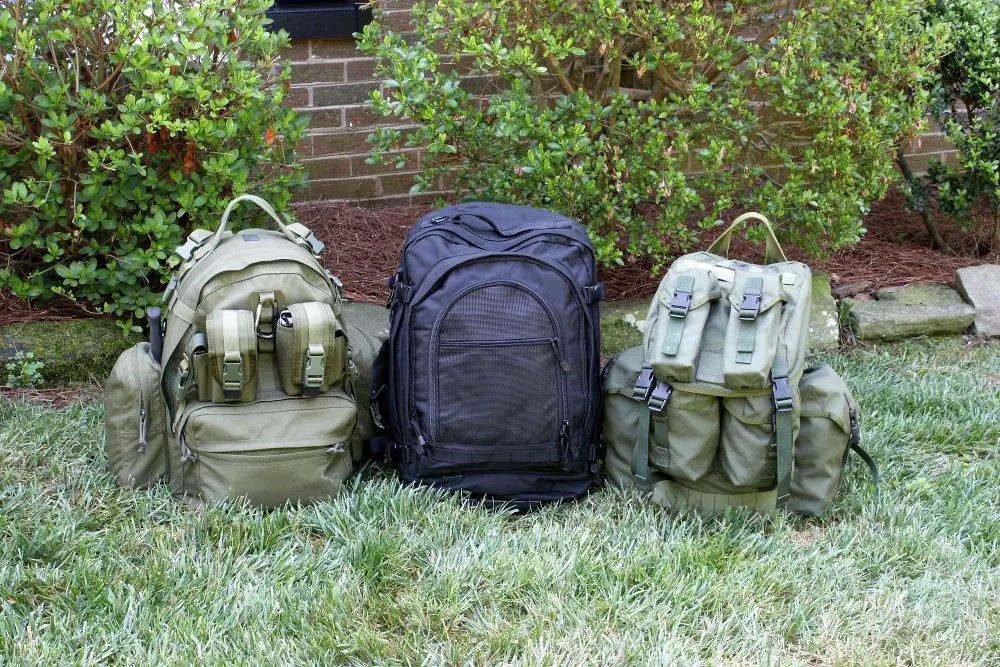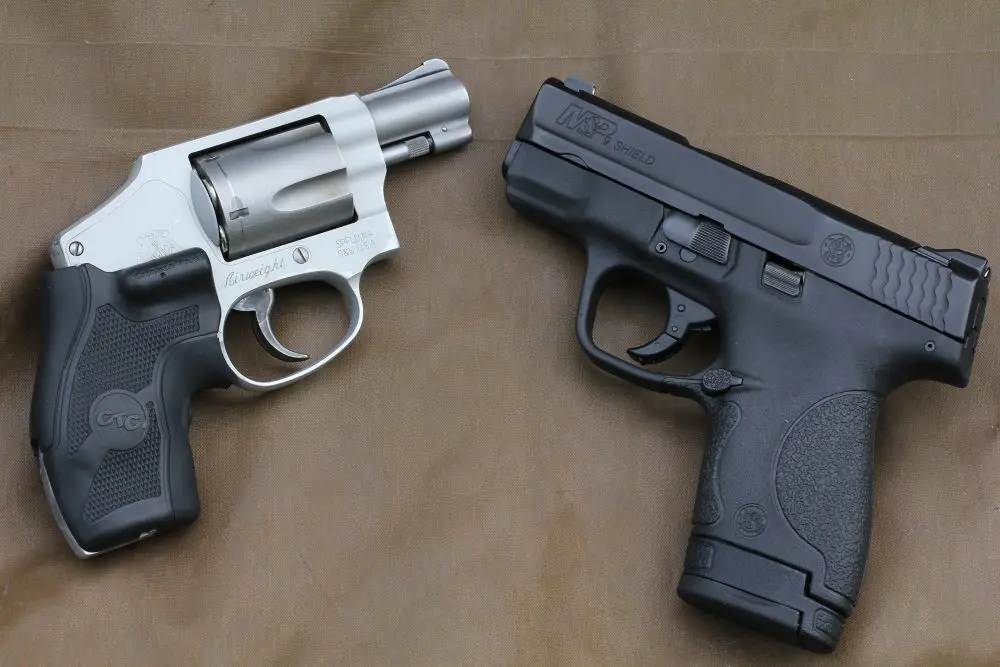Not too long ago, I conducted training for a police group while a different police group trained on an adjacent range. Several officers from the other group watched our training for a period of time. “Hey, can we do that too?” they queried. “Absolutely,” I responded.
When I explained that they would have to contact us to establish training, they seemed somewhat pleased. When I explained that it would also entail a charge for such training, the mood shifted. “To hell with that. I’m not paying for friggin’ training,” one of the officers responded.
It never ceases to amaze me that certain individuals feel entitled to request others’ services free of charge no matter what the merit, benefit or experience behind the knowledge and skill you impart to them. But beyond that, it really amazes me that a police officer whose very survival and career are at stake feel that simple qualification courses of fire adequately prepare them for field encounters. Budgetary constraints, manpower needs, deployment, and the sheer numbers of many departments may disallow advanced training beyond that of qualification courses of fire. In short, if you want to upgrade your skill level, you have to pay for it.
LAPD SWAT did not arrive where it is today by settling for mediocre standards. Several of us sought out training from other sources. Two members initially sought out advanced training and, if memory serves me correctly, I was the third. We had to finance the training ourselves. We had to attend training on our own time and fund travel and board as well.
The knowledge that was brought back and shared with the platoon proved to be invaluable over the long term. A week of such training, coupled with all the expenses, cost us about two weeks’ salary. We considered that the cost of doing business.
I have stated in the past that a department may not pay for additional training, but they will pay for funerals. While this may seem cold and callous, it is a fact of life. As I have studied and worked on officer-involved shooting cases for over 25 years, I have observed this salient fact played out on a continual basis.
Training to the same level of skill results in a set skill level and nothing beyond that. If a problem requires “Y” to solve it and you have trained only to “X,” you aren’t going to make it. Large institutions are very slow to change. A simple line change in doctrine, policy or training procedures can take months or years. An effective training class does not.
The officer who stated he would never pay for training was fairly young. I get that. You’ve got just enough years under your belt to be dangerous, and you’re overly impressed with yourself. You don’t know what you don’t know. I stopped arguing with such individuals long ago. Logic seldom wins out over ignorance. Maybe he’ll make it if luck is with him. I hope he does—yet luck is the most ineffective of tactics.
I know police types fairly well. They will expend funds on all manner of things, many of which are non-essential. But the trick is to survive in order to enjoy all the toys. Since no one can predict where, when or how your skills may be put to the test, it would seem logical to attain and then maintain a higher level of skill at all times.
Training is an intangible skill if not put to the litmus test of a field encounter. Viewed in this light, the following rationale is applied: “I’ve never had to apply deadly force nor do I ever intend to employ it, even though I wear a badge.” I understand this thought process. It is a flawed rationale. Many have succumbed to it throughout the years, and it is prevalent to this day.
In May, I received a phone call late at night. It was from an LAPD officer who had recently attended our training. He had just been involved in a shooting and had fired a single round at night at an active shooter in a crowd situation and center struck his opponent squarely, which stopped the incident. The shooting was being broadcast on the news as we spoke. He was appreciative for the training and stated that he heard my voice “coaching” him as he acquired and then applied a firing solution.
In this instance, there was a tangible benefit as a direct result of training. I have had many, many such cases through the years. You may not appreciate good training until you need it, but then you’ll very much appreciate it!
I have many students who are not peace officers and are astounded at the lack of training provided to the average line officer. Most professions require a continual upgrading of skills over the course of a career. Relative to firearms and tactics skills, these are subjects the individual officer must attain on his or her own if they are serious about reaching skill levels beyond those of a moderate level.
You can pray that you will never need to apply deadly force, but if you do, it is better to be prepared. Training might cost you, but it’s worth it.
Scott Reitz is a 30-year veteran of the Los Angeles Police Department and director of the highly acclaimed International Tactical Training Seminars. Course information and schedules are available at their website at www.internationaltactical.com. Looking Back, a free monthly newsletter, is available by email at [email protected].




